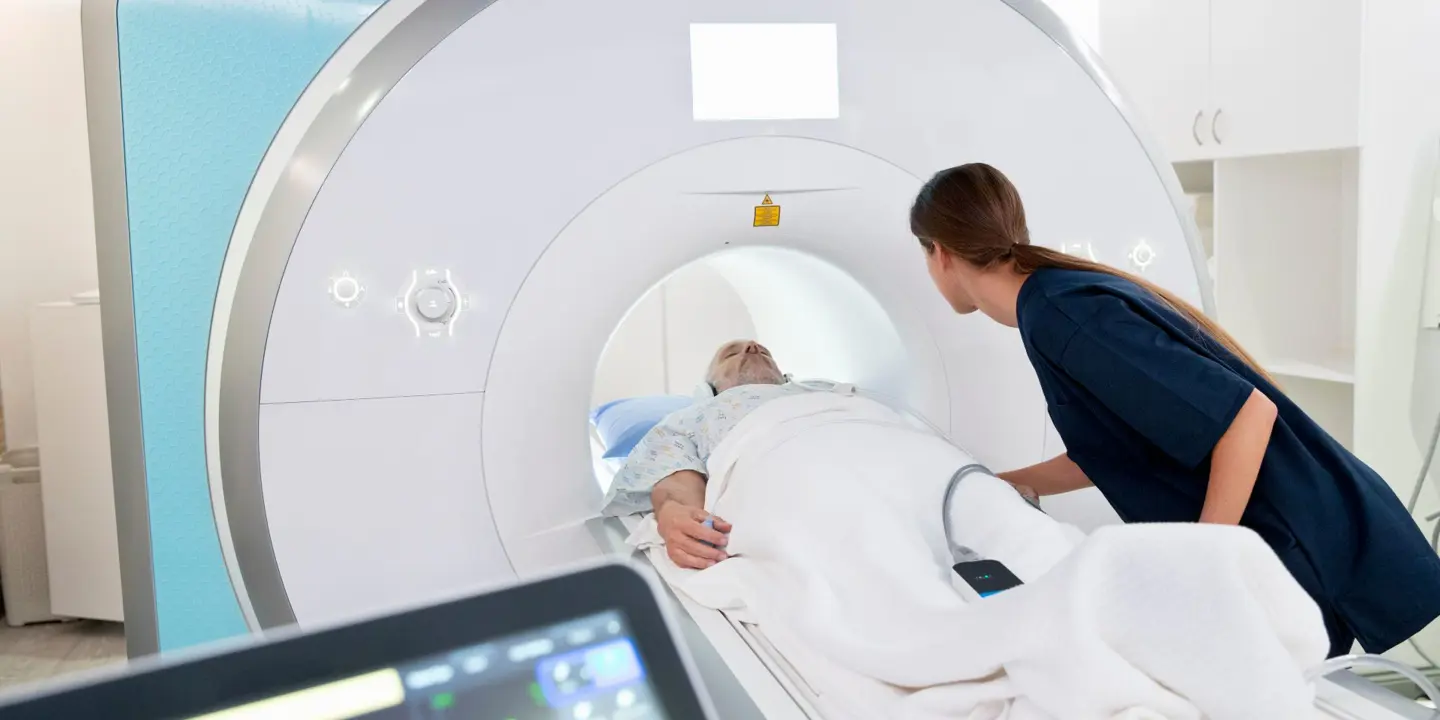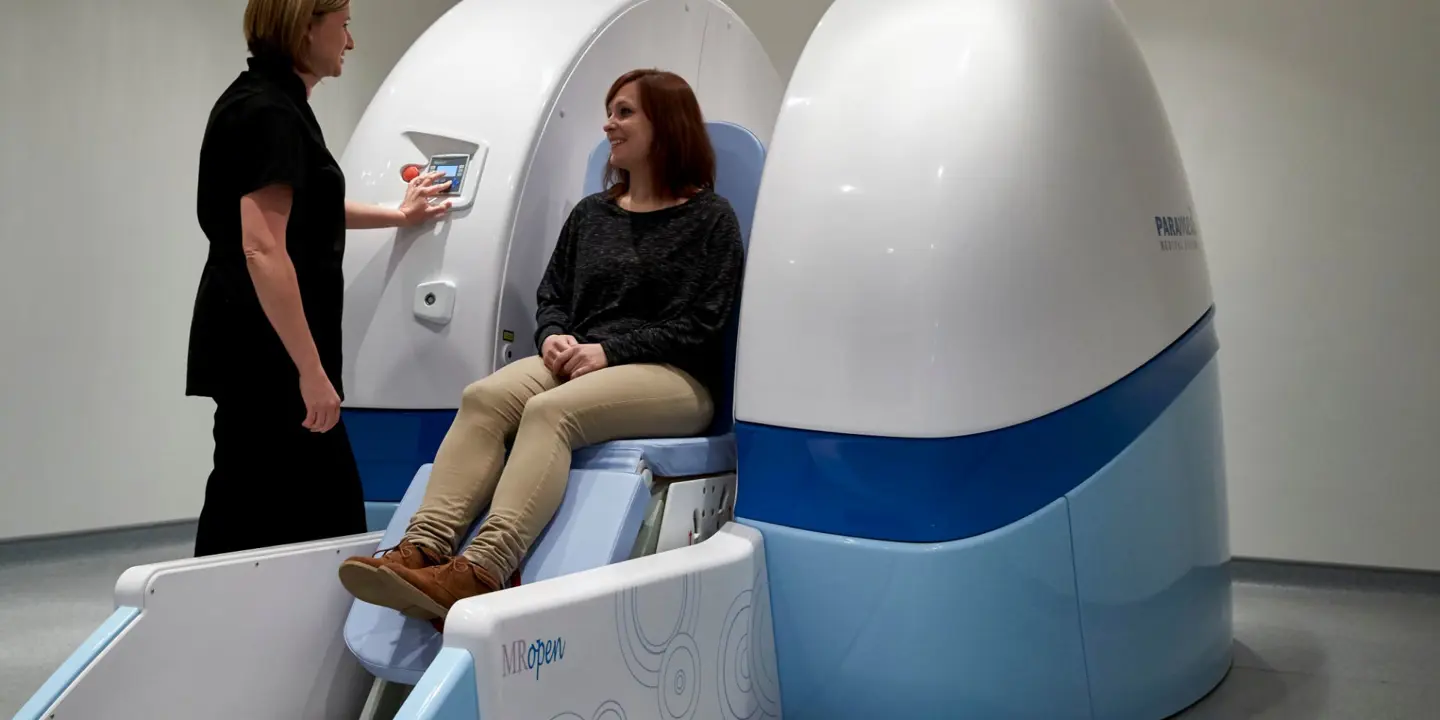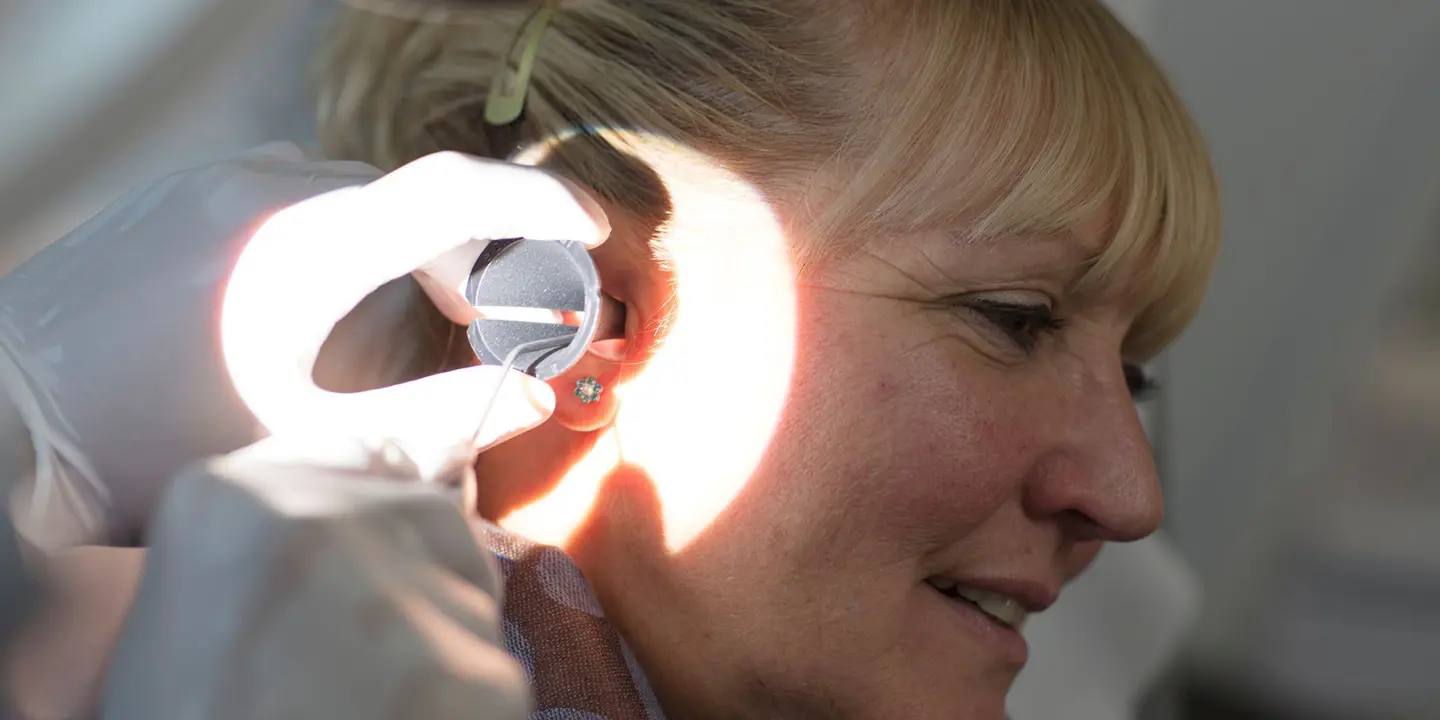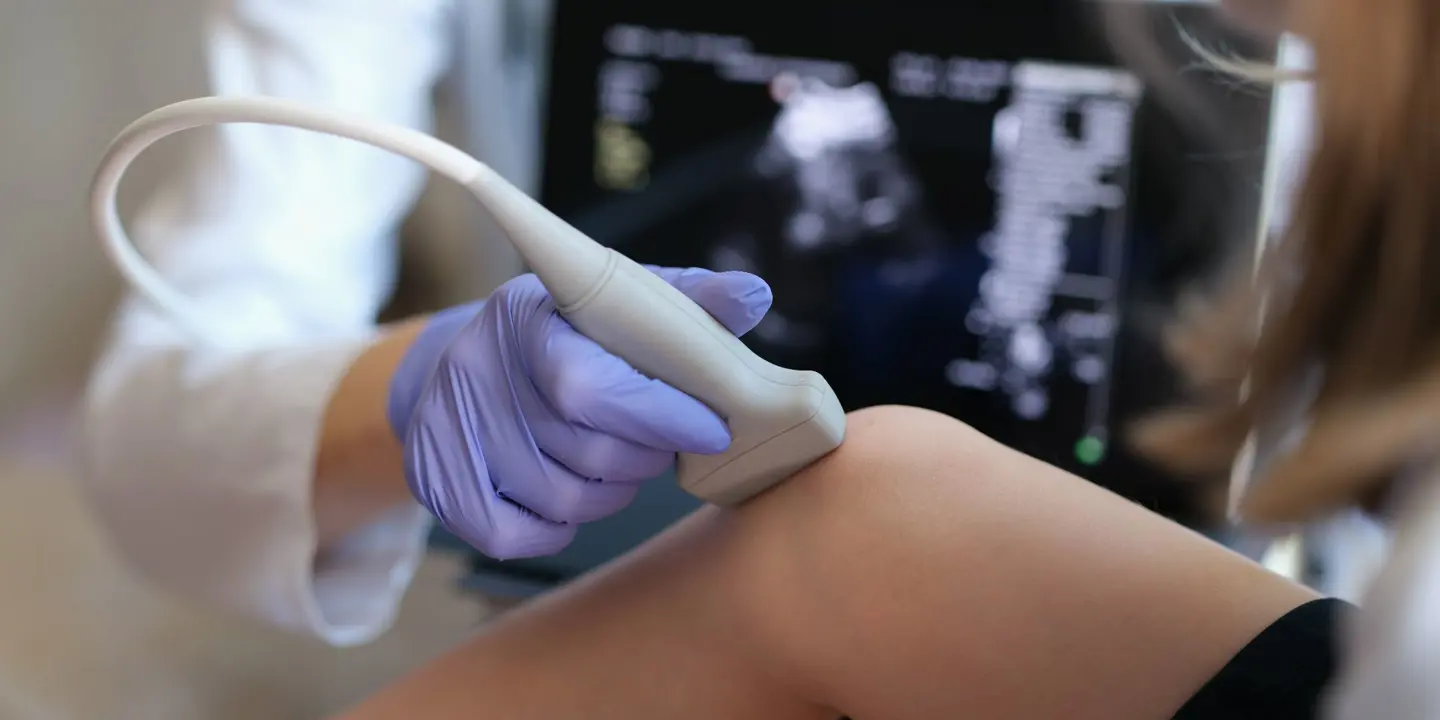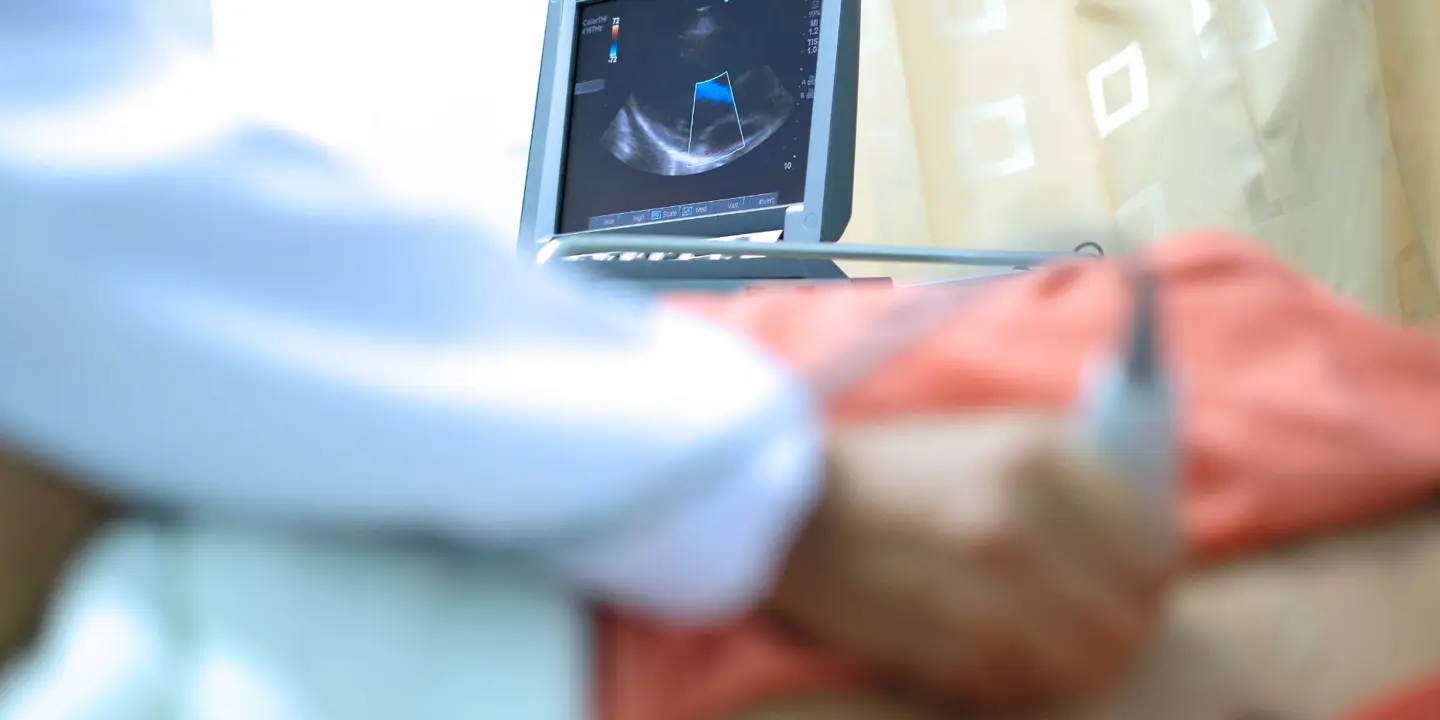MRIs and CT scans are two imaging techniques doctors employ to diagnose and determine a range of medical conditions, including identifying and staging cancers or providing assessment for a range of musculoskeletal conditions or injuries. Radiologists and radiographers provide comprehensive imaging services, enabling accurate diagnoses and optimal patient care. By combining their unique skills and knowledge, these professionals contribute significantly to the field of medical imaging, benefiting countless patients in the UK and beyond.
In this article, we will delve into the distinctions between radiologists and radiographers, expounding on their unique contributions to the field.
Radiologists: Masters of Image Interpretation
Radiologists are doctors who possess the expertise to interpret complex medical images. After completing their medical degree, radiologists undergo extensive training, equipping them with a deeper understanding of the human body, disease processes, and abnormalities. Their primary responsibilities include the following:
● Support establishing underlying diagnoses and assess treatment outcomes for various medical conditions.
● Interpret and analyse imaging studies, comparing them with previous examinations where available.
● Produce detailed reports summarising the examination's purpose, technique used, findings, and conclusions.
● Collaborate with referring medical specialists by providing the report to support the management of the patient's condition and for inclusion in the patient's record.
● Make recommendations for further investigation and potential treatment options for the referring specialist to consider based on imaging findings.
● Focus on the interpretation of a range of imaging examinations, leaving the test performance and equipment operation to radiographers.
● Undertake ultrasound studies and perform radiological interventions when required.
Education
Radiologists are medical doctors registered with the General Medical Council who undergo extensive training, including additional training in radiology to obtain their fellowship at the Royal College of Radiologists.
● They acquire basic medical qualifications during their medical training and experience various medical fields before deciding on radiology as their speciality.
● Becoming a qualified radiologist typically requires at least five years of specialist training.
● During their training, radiologists rotate through different subspecialties within the field of radiology.
●They acquire more advanced skills and techniques as they progress through their training.
● After completing five years of specialist training and passing relevant examinations, radiologists can enter the register of accredited radiologists.
● Qualified radiologists can apply to become consultant radiologists, allowing them to practise independently and provide expert advice in their field.
Radiographers: Skilled Imaging Professionals
Radiographers operate imaging equipment to obtain high-quality diagnostic images. Their specialised training includes medical imaging techniques and equipment operation, ensuring accurate imaging while prioritising patient comfort and safety. Radiographers carry out various responsibilities, such as the following:
● They undergo advanced training, equipping them with the skills to operate specialist scanning equipment such as CT and MRI scanners.
● Radiographers are responsible for ensuring the quality of the obtained images, ensuring they are suitable for accurate diagnosis.
● Patient safety and well-being are paramount to radiographers as they communicate, support and guide patients through potentially intimidating imaging procedures.
● They ensure that patients are comfortable and informed throughout the imaging process, addressing any concerns or questions they may have.
● Trained in the administration of contrast media when required for specific examination types.
Education
Unlike radiologists, radiographers do not hold medical degrees and are not medical doctors. They undergo a specialist degree program that lasts 3–4 years. The duration and entry requirements of the training program may vary based on the individual's prior qualifications. Once qualified, they are required to register with the Health and Care Professions Council in order to practice and use the title of radiographer.
● The training program for radiographers encompasses in-depth studies of anatomy, physiology, physics and imaging science.
● In the UK, radiographer training programs also include components related to sociology, ethics and management to ensure a holistic approach to patient care.
● Practical training is a significant part of radiographer education, involving hands-on experience in simulated and actual clinical settings.
● Radiographers work closely with radiologists, operating imaging equipment and ensuring patient comfort and safety during imaging procedures.
● Their expertise in imaging techniques enables them to obtain high-quality diagnostic images for interpretation by radiologists.
Meet Expert Radiologists and Radiographers at Vista Health
Vista Health offers immediate access to MRI, including Open and Upright MRI scanners, as well as CT scans, without the long wait. Our specialist Open and Upright MRI scanners cater to patients with anxiety, claustrophobia, mobility limitations, or bariatric needs. For a prompt diagnosis, our private MRI scan service guarantees a comprehensive assessment by a consultant radiologist within three working days of your scan appointment.
Experience state-of-the-art technology and efficient, personalised care for your imaging needs. Contact us today and let us know how we can help.
References:
www.england.nhs.uk/statistics/wp-content/uploads/sites/2/2022/07/Statistical-Release-21st-July-2022-PDF-875KB.pdf
https://www.healthline.com/health/ct-scan-vs-mri#mri
https://onewelbeck.com/news/radiography-vs-radiology-what-is-the-difference/#:~:text=Radiologists%20are%20the%20doctors%20that,the%20training%20pathways%20are%20distinct



